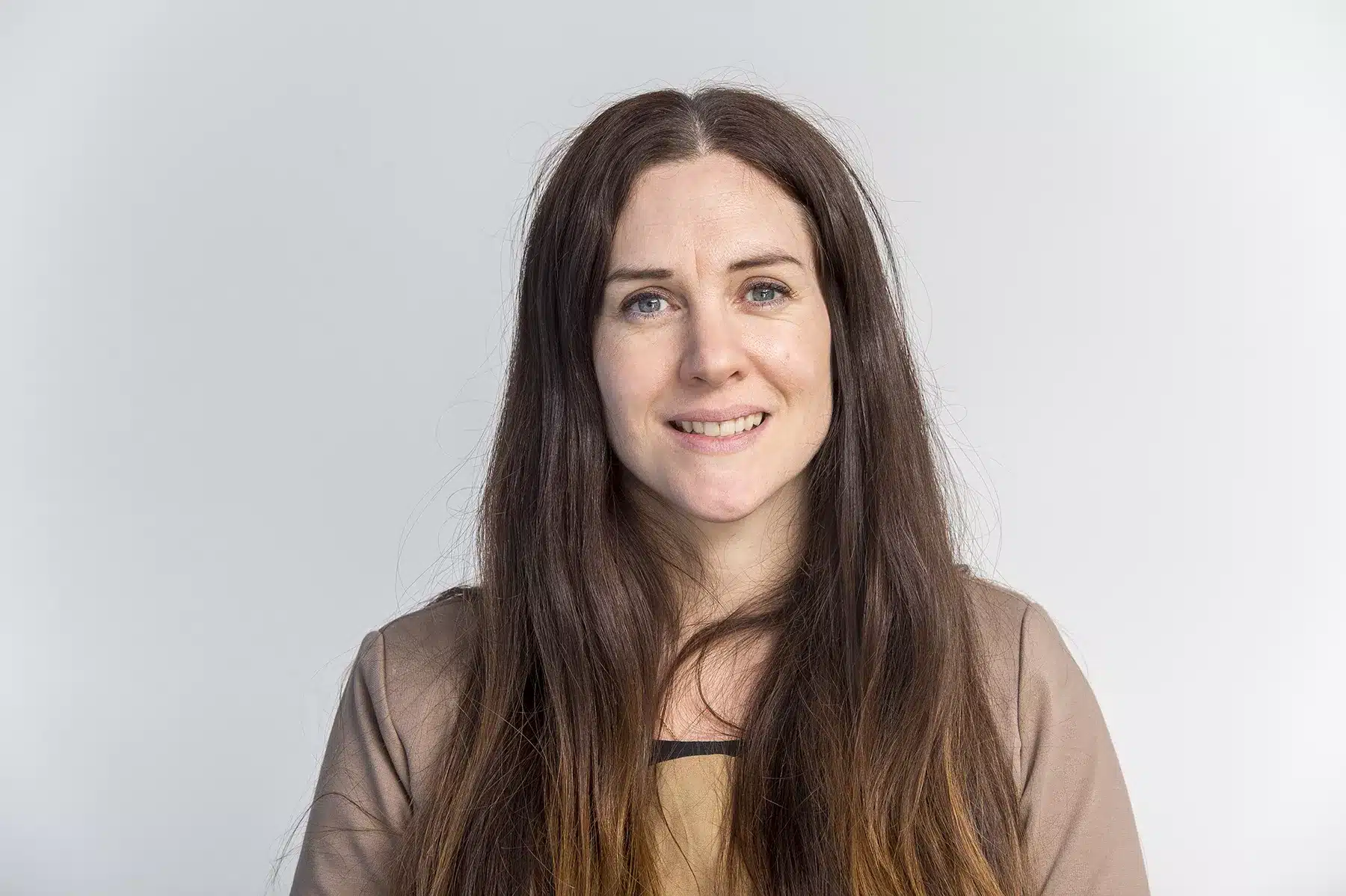For many couples, the UK Partner visa serves as a beacon of hope, offering the opportunity to build a life together in the United Kingdom. However, immigration policies are not static and are subject to regular updates, as with the Minimum Income Requirement for Partners, which is set to spiral in the coming years.
Alongside many upcoming changes for care workers and more generally the broader changes to the skilled worker visa route, spurred on by a blanket anti-immigration rhetoric and fuelled by a desire by many to ‘gain control of net migration,’ the government are also turning to partner visas to squeeze the numbers.
On April 11, 2024, significant changes are set to impact the UK Partner Visa, particularly concerning the Minimum Income Requirement. In this blog post, we’ll explore the implications of the increase and how it may affect couples seeking to reunite in the UK.
Background to the changes
The Minimum Income Requirement has long been a focal point of contention within the UK immigration system.
The stated aim is to ensure that sponsored individuals do not become reliant on public funds and can maintain a certain standard of living in the UK. However, critics argue that the Minimum Income Requirement creates significant barriers for couples, particularly those with lower incomes or people residing in regions with a lower cost of living. The Children’s Commissioner for England published a report in 2015 that indicated that 15,000 children were already living separate from one parent as a result of the July 2012 changes. Read more about the projected impacts by the Migration Observatory here.
The Changes
Effective from April 11, 2024, the Minimum Income Requirement for the UK Partner Visa will undergo a notable increase. As previously stated, this adjustment is part of broader reforms aimed at aligning the immigration system with prevailing economic conditions and ensuring financial stability for sponsored partners.
As announced in the Statement of Changes the baseline minimum income requirement currently met by income from various sources, including employment, self-employment or pension will increase from £18,600 to £29,000 for those new to the partner visa route. Meeting the income requirement through cash savings will see you having to show evidence of holding £88,500 for 6 months or more. Alternatives apply such as selling a house and showing equity of this amount or higher, provided the applicant or their partner owned the house before it was sold.
You must also time your application carefully, as the increase to the Minimum Income Requirement will not stop there. This increase to £29,000 is part of a series of increases announced, seeing the threshold rise to £34,500 at an unspecified time later in 2024 (believed to be some time in the Autumn); and finally to around £38,700 “by early 2025.”
Anyone already in the UK on the partner visa route will remain unaffected, provided that they continue to extend their visa in time. Should they fail to extend their visa on time for any reason they may well need to meet the new rules when they come to extend their visa.
Implications for Applicants
The impending increase in the Minimum Income Requirement carries significant implications for new couples navigating the UK Partner visa process. Prospective applicants may find themselves facing greater challenges in meeting the Minimum Income Requirement, particularly if they reside in regions with lower-paying professions as there is no weighting for London, or other higher-paying regions.
Navigating the Path Forward
In light of the Minimum Income Requirement increase, couples considering or currently undergoing the UK Partner Visa application process are encouraged to take proactive steps to mitigate its impact:
- Financial Planning: Evaluate current income sources and explore opportunities for increasing earnings or securing supplementary sources of income to meet the heightened threshold.
- Timing of your application: If you are British or settled and are thinking of relocating to the UK, or bring your partner, please check whether you can meet the new requirements and if possibly seek to submit an application before an increase rather than later, if you believe the new threshold increases may damage your prospects.
- Seek Professional Advice: Consult immigration specialists or legal experts to gain insights into the implications of the Minimum Income Requirement increase and explore potential avenues for meeting the requirements.
- Consider Alternative Routes: Explore alternative visa routes or sponsorship options that may offer more flexibility in terms of financial eligibility criteria.
- Exceptions to the Minimum Income Requirement: If you believe you have a complex case whereby you cannot live in another country with your partner, for e.g. because the country does not treat you and your partner with equal respect due to LGBT+ issues or your race or religion, you may have a different argument so please seek advice.
- Advocacy and Support: Engage with advocacy groups and support networks advocating for fairer immigration policies to raise awareness of the challenges posed by the Minimum Income Requirement increase and push for reforms.
Conclusion
While the Minimum Income Requirement increase may present challenges, proactive planning, seeking professional advice, and exploring alternative pathways can empower couples to overcome obstacles and realise their dream of building a life together in the United Kingdom.
Further Reading
From one of the UK’s most read legal blogs.










